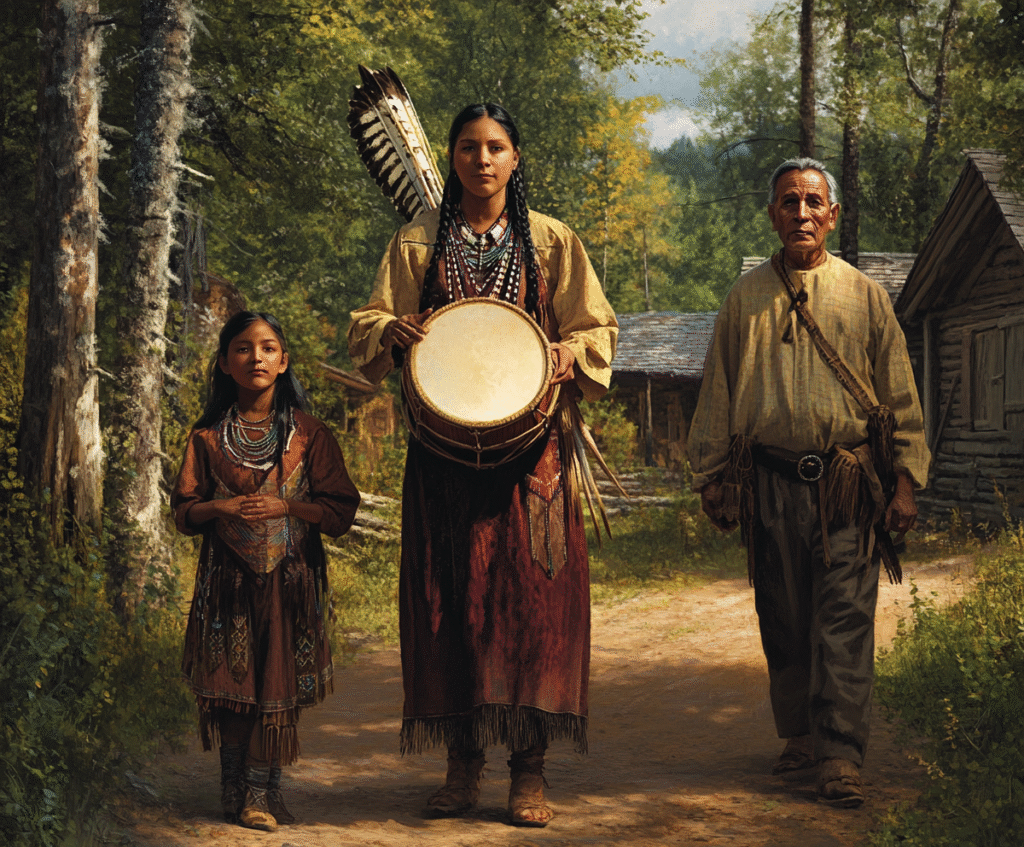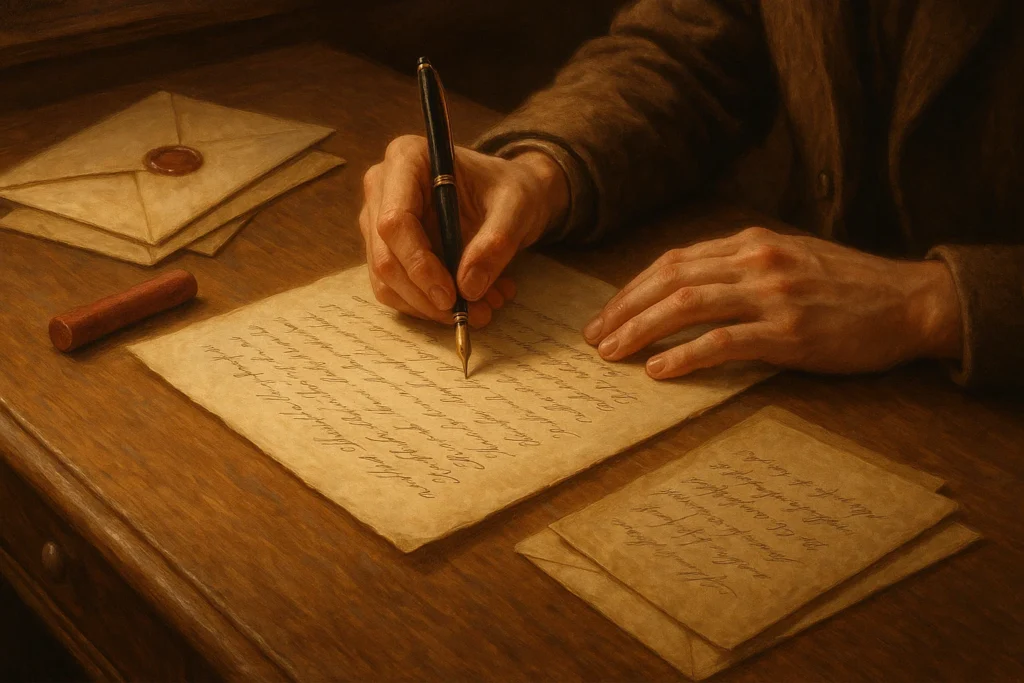
In this first episode, we invite you to think about how life has changed — and how the language we use reflects those changes.
Master essential phrasal verbs in the past, present, and future tenses through shadowing! Improve your pronunciation, fluency, and confidence by practicing real English phrases in context. Perfect for daily practice!
Welcome to “Phrasal Verbs Through Time”!
On this page, we’ll explore three essential aspects of daily life—communication, transportation, and fashion—using common phrasal verbs expressed in the past tense.
This content is part of a broader session where we discuss frequently used phrasal verbs related to these topics in different verb tenses. While here you’ll find examples and reflections expressed in the present, we also invite you to explore similar texts set in the present and future tenses.
Click the link below to check out our full content and enrich your learning experience!
WEEK’S THEMES

Since ancient times, humans realized they needed to reach out across distances, especially in emergencies or when conveying important messages. Many groups developed various ways of transmitting sound over long distances. Some communities made drums by stretching animal skins over hollow logs, while others chose to craft rudimentary trumpets out of animal horns. These sounds could be heard far away, enabling effective communication between groups separated by valleys or mountains.
With human settlement, it became necessary to write down information permanently, leading to the invention of the first forms of writing. Soon afterward, the creation of early types of paper greatly sped up this development. People from distant regions not only sent news to each other but also spread out their cultural traits throughout the world and across time. Later on, new tools were incorporated into this communicative toolkit—among them the remarkable Morse code, allowing quick and precise messages to be sent over great distances.
Long before modern communication took over, the Persian Empire came up with one of the world’s first organized postal systems. Around 500 BCE, King Darius I set up a network of relay stations that allowed messages to travel quickly across vast distances. These stations were placed along the Royal Road, a route that stretched out over 2,500 kilometers, connecting major cities of the empire.
Each rider picked up the message at one station and passed it on to the next. This system cut down travel time dramatically, since the horses and messengers never got too tired — they were always fresh and ready to go. Thanks to this innovation, information got through the empire in just a few days — something that had never been possible before.
The Persians relied on this system not only for government orders, but also for military updates and tax reports. In many ways, it laid the groundwork for modern postal services. Even the famous Greek historian Herodotus pointed out how impressive it was, saying that “nothing stops these couriers from completing their task — neither snow, nor rain, nor heat, nor darkness.” Sounds familiar? That phrase carried over into the U.S. Postal Service centuries later.

Communication & Connection
Because these instruments allowed sounds to travel long distances, enabling communication across valleys and mountains.
The need to permanently record information after settling down in one place.
Samuel Morse and Alfred Vail invented Morse code in the 1830s.
Because it allowed messages to cross continents within minutes, something previously impossible.
He invented the telephone, making it possible to transmit human voices clearly through wires.

Learn English through stories, context, and connection. Explore weekly topics with phrasal verbs in real-life situations.
© 2025 Weekly Cross. All rights reserved. Created with ❤️ to help you learn English through stories.